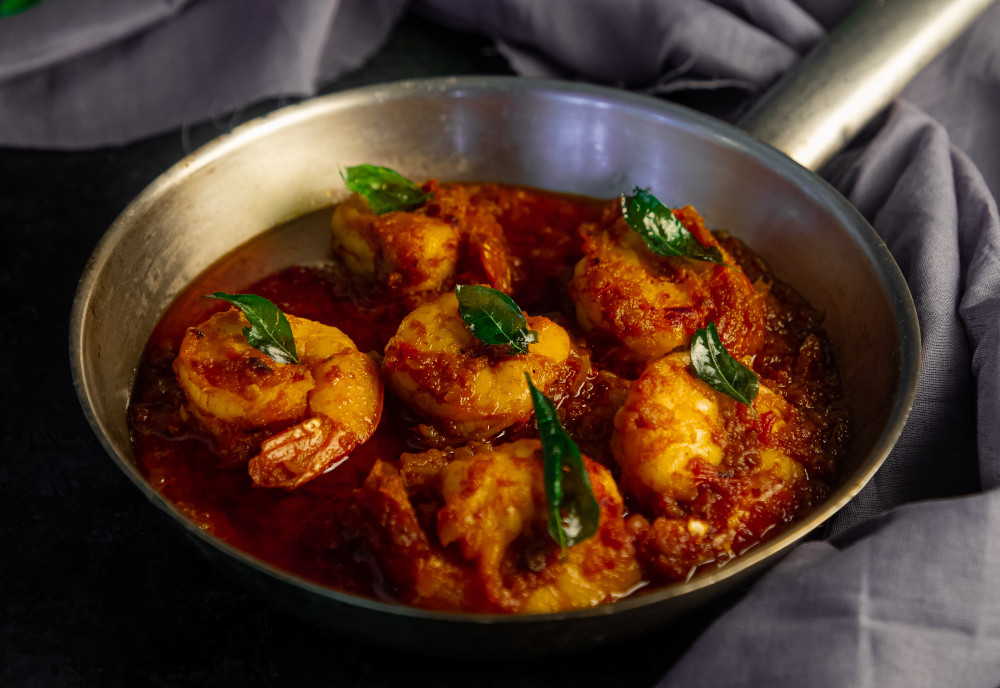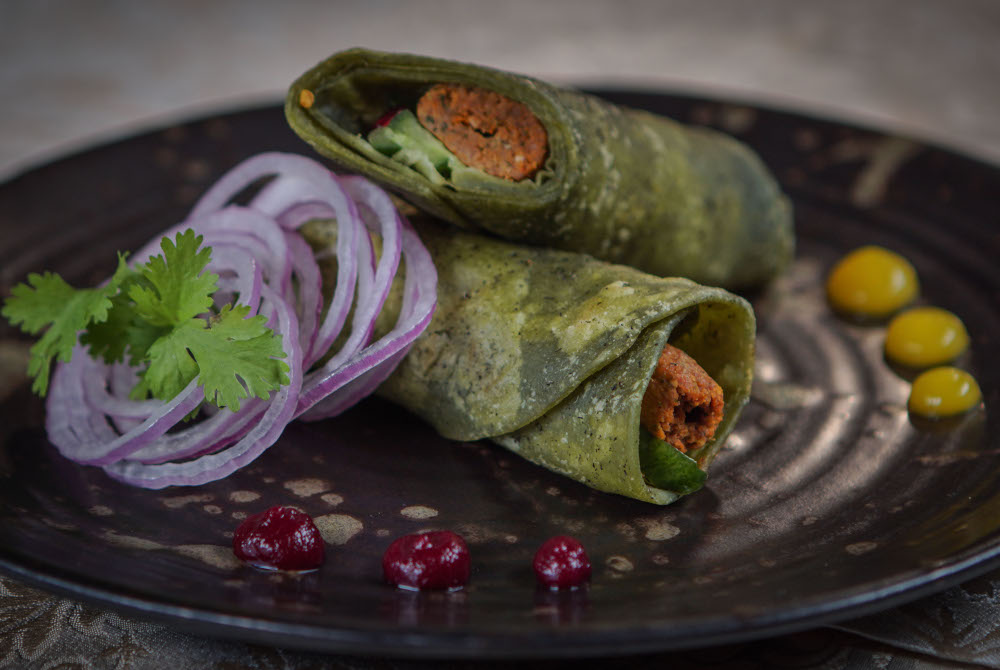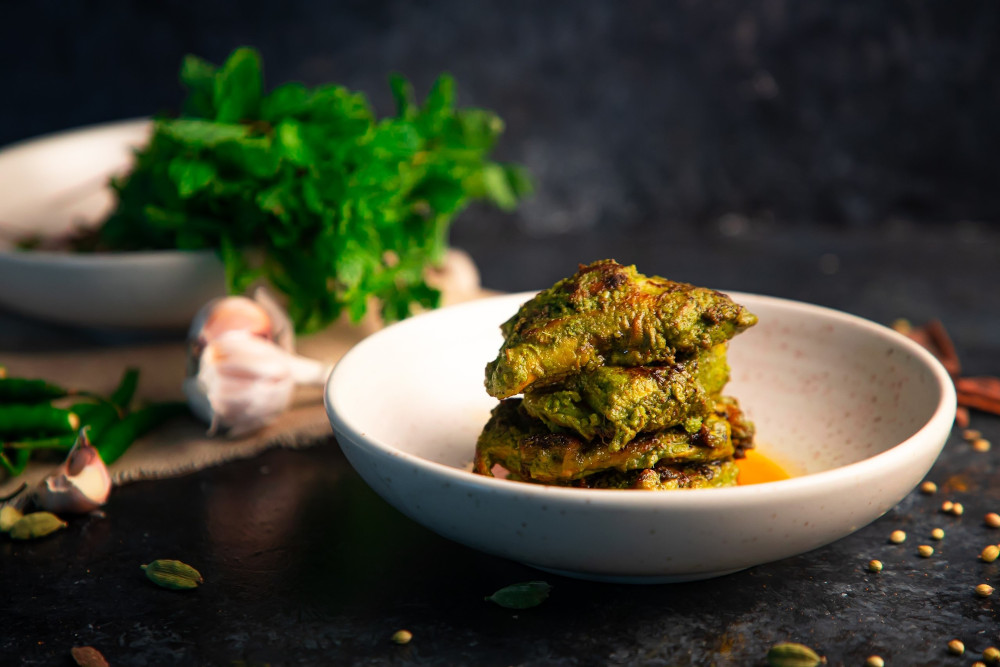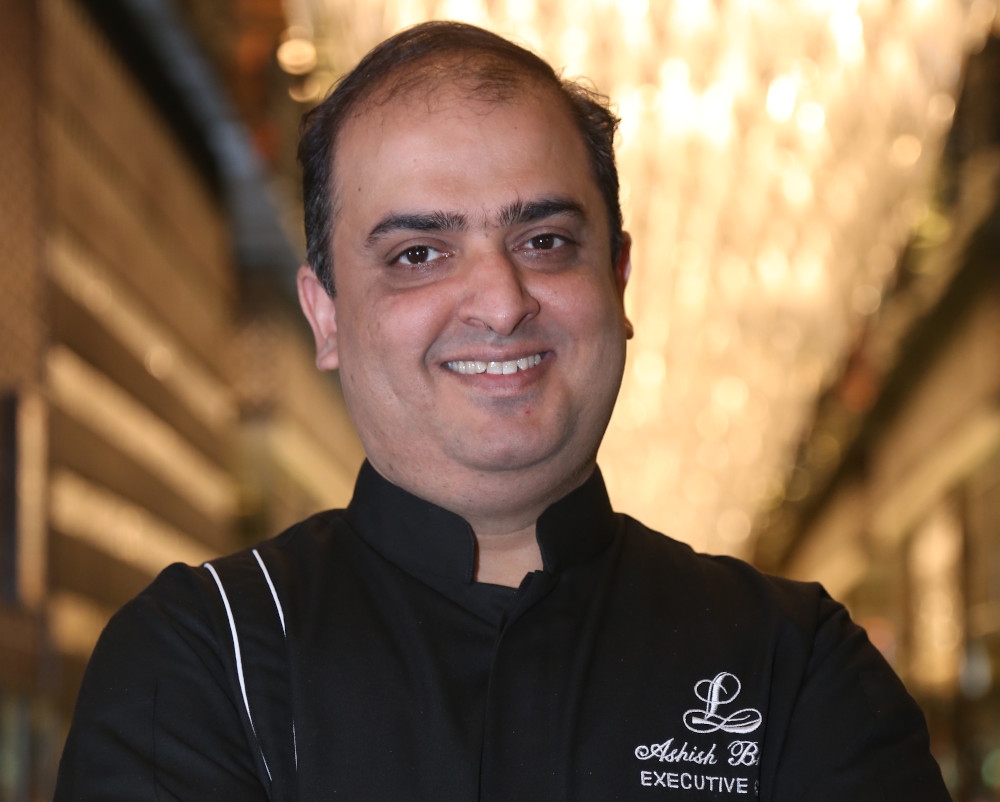Chef Ashish Bhasin heads the culinary operations at The Leela Ambience Gurugram Hotel and Residences in the city of Gurugram, India and comes with 19 glorious years of comprehensive experience in kitchens of world-class restaurants. A culinary innovator known for producing delectable delights, Ashish has worked in The Oberoi Hotel-New Delhi, The Oberoi Rajvilas-Jaipur, Trident-Udaipur, Trident-Bandra Kurla Mumbai and also at the picturesque, award-winning and luxurious hotel, The Oberoi Sahl Hasheesh, Red Sea Egypt.
Holding a diploma in Hotel Management from the Institute of Hotel Management, PUSA, New Delhi and trained under The Hotel Operations Programme from the Taj Group, Ashish has an undying passion for food and flawless service. He is also an expert in staff training, people development, supervision, creative menu development and research, service and market expansion and team building. Chef Ashish has the ability to lead multi-outlets, fine dining as well as high volume operations and is committed to creating memorable dining experiences.
His passion and creativity reflects in the accolades he has won over the years. He was awarded the Silver Hat by Indian Culinary Forum as the Best Chef in the country in 2018. When he is at home, chef Ashish is busy trying out new recipes with his daughter or he is researching about lost cuisines, indigenous ingredients and delving into how foreign influences added on to our cuisines.

How has the virus outbreak affected your work? Please tell us in detail about your recent CSR activity if any. Tell us about your coping mechanism personally and professionally.
We have undertaken quite a few initiatives to support the community. The team is offering refreshments to the police check posts, security personnel around the hotel, twice daily along with finger food. Moreover, 50-60 boxes of packed meals are delivered to the police check posts during lunch and dinner. The hotel has also reached out to the Municipal Corporation of Guragram wherein the team prepares over 150 boxes for breakfast and lunch which is then further delivered to numerous families in Guragram.
In the due course of time, Mother Earth is also reviving and the team is assisting by attending to the plants and trees in the vicinity, helping in the upkeep of the area in absence of the caretakers. With ample support flowing in from all parts of the country, it’s heart-warming to see the strength of humanity in such difficult times and assuring as well that this phase will be behind us soon. I am trying to get in touch with a lot of hotel management institutes and guide students about the industry. Apart from this, I am also researching on various dishes and cuisines, and trying to revive few classical and lost recipes.
How do you plan to reinvent how you work?
We are looking into a more aggressive approach in the coming months. We have always been taking care of our hygiene levels however going forward it will be our utmost priority with full adherence to protocols shared by the government authorities. We are ISO 22000, ISO 14000 and FSSAI approved body, but we further need to strengthen our systems and go beyond expectations. We are currently working on staff training, so that the margin of error is going to be minimum and also looking into all our SOPs and trying to improvise on them to ensure our guests have the best and the safest luxurious experience.

Tell us more about the concept of zero wastage and how you have contributed to it so far. Does this put pressure on your budgets?
Zero wastage is a concept, and we are trying our best to achieve it by adopting various methods and processes like:
a) We are keeping basic preparation ready but finishing as and when required.
b) Our production for buffet is minimal and buffet ware used is very small. Chefs are churning dishes as and when required. This helps in ensuring that we don’t over produce, helps in reducing waste, saving cost and also helps in ensuring that we always provide the freshest of food to our guests on buffets too.
c) Before processing we wash, so trimmings and peels can be used too.
d) We have a useable container in each section where we keep our usable items and the same is used in making stocks etc.
Tell us about the concept of ‘farm to fork’ and how it helps to promote the idea of sustainability and good health. How do you think we can create awareness amongst more chefs and restaurants and hotels so that they contribute to this initiative?
It’s a great idea. In this concept everyone is a winner. Farmers are saved from brokers; restaurant and hotels get better quality products and guests get better and tasty food. This overall helps the world by reducing carbon footprint as most of the items used are locally sourced. It’s just that working individually and in small pockets won’t help much. We need to work together with a common goal. Chefs can group together and reach out to farmers, gain their trust and ensure we support them in all possible ways.

What about the supplies to enjoy great cooking at home? What are your recommendations so that people can stock up ingredients with a larger shelf life during these unpredictable times? Tell us about your two most popular preparations which people can try these days while at home.
I think lentils, pulses, frozen and dry ingredients should always be stocked. But at the same time I think there is not much crisis if we judicially use ingredients and stop wasting. Always ask yourself twice; “can we use before throwing anything in garbage?” I suggest people should try one pot meal, flavours can be Indian, European or Asian. Other things I suggest will be creating vegetarian alternatives to meat, for example, shammi made with pulses and biryani made with soya nuggets.
What has been your work mantra in the hotel industry all these years? How has the role of a chef evolved over the years? What do you bring to the hospitality industry – your philosophy, passion etc.
With time my job role is changing. Initially I used to follow, then used to share ideas and now I am one of the decision makers. The hotel industry has also changed and evolved. Chefs have become more creative. They are more aware and are thinking about the world, environment, global consequences etc. I just share my experience, my thoughts with my team, listen to their thoughts, we discuss everything and then work together to achieve common goals. We support each other, we shoulder responsibilities and we stand in difficult times and party hard and celebrate our success together.

What is your typical day like these days during the lockdown? What do you miss most while working from home? And what do you enjoy most during this period?
Lockdown is a bit different from any other day at home. There is no help available therefore we have to manage and do things together. We are learning how to be the ‘help’ for each other. We have divided our work – my wife and son take care of cleaning and washing and I, along with my daughter, take care of cooking and serving. My regular day starts with a small walk for about 30 minutes in the house, followed by a cup of tea. Though these days we are not in a hurry to get ready for work therefore we laze around a bit and then organise breakfast for the family. We watch television for a while, spend some time on social media and chat with friends. I do basic preparation for lunch and then it’s time to get ready, do some basic work and attend online meetings, if I have any.
By this time kids are done with their studies and we have lunch together. I then check emails and respond accordingly, connect with my team, watch television, maybe a live on Instagram or Facebook and then in the evening prepare dinner. In the evening, I again do a brisk walk for 30 minutes in the house, talk to friends, play games with kids have dinner together or some online games with friends, watch television and sleep. I enjoy my family time the most, they always used to complain that I never cook for them and now I am cooking all meals for them, truly satisfied but at the same time I miss my other family, my team the most.
How do you think hoteliers should take care of their mental and emotional wellness during this tough phase?
I always follow one mantra ‘what best now.’ In today’s scenario, first we need to accept facts instead of fretting over things which are not in our control, we need to believe that this too shall pass. Second, we need to prepare and plan for coming times. We need to get ready and ensure our teams are ready too. We also need to keep ourselves engaged, do things that excite you the most. As hoteliers we always used to complain that we don’t have time for family, right now, we have time so we should make maximum use of it. Also anything you wanted to do, but couldn’t due to the scarcity of time, can be done now, make the best out of this time. Just stay indoors, stay safe and be with family.
Factbox
Address: National Highway 8, Ambience Island, DLF Phase 3, Sector 24, Gurugram, Haryana 122002, India
Phone: +91 124 477 1234
Website: theleela.com






















